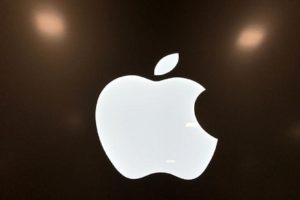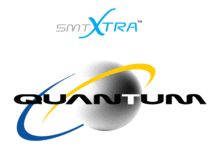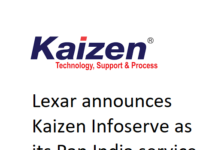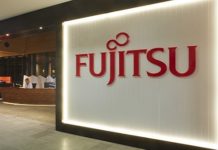
Earlier this month, Apple Inc. released earnings for first quarter that decreased from the same period last year and missed Wall Street expectations driven by a combination of a stronger US dollar, global economic malaise, and more strife at its China factories. The Revenue for the quarter fell 5.49% to US$117.15 billion from US$123.95 billion last year, earnings US$1.88 per share, below the US$1.94 expected by market analysts.
Although this is the first revenue decline since 2019, there are also bright spots in Apple’s financial results. On a geographic basis, the revenue in Greater China increased 54.5% from the same period last year to US$23.905 billion, due to the strong sales of new models launched in late September. Apple was the only major smartphone vendor to record month-to-month growth in October, accounting for 25% of the Chinese market, according to Counterpoint Research. With the end of zero-COVID policy, China’s consumer confidence is gradually recovering.
It was reported that Apple sold 26.09 million units of the iPhone 14 series in the first two months after its release. Most of the smartphones are produced in Foxconn’s Zhengzhou factory, Shenzhen factory, Luxshare’s Kunshan factory and Pegatron’s Shanghai factory. Financial Times reported last month that Luxshare was set to secure Apple’s first large order for the high-end iPhone, according to people familiar with the matter. In addition, Luxshare has already been producing small amounts of the iPhone 14 Pro Max since November 2022.
Apple supplier Luxshare Precision released its preliminary 2022 annual results in October last year, noting that its net profit is expected to reach RMB9.55 to RMB9.89 billion, increasing 35%-40% yoy; the net profit attributable to shareholders of the listed company after the one-off gain amounted is expected to reach RMB9.13-9.61 billion, growing 53.26%-59.80% yoy.
Luxshare Precision’s nearly RMB10 billion profit reflects its excellent precision manufacturing capabilities, and considerable insight and forward-looking business presence. It has extended metaverse (AR, VR, and MR), automotive, and communications segments, besides consumer electronics. Another Apple supplier, Shenzhen Everwin Precision Technology, also released its preliminary 2022 annual results last month, expecting its net profit in 2022 to turn a year-on-year profit. Everwin denoted that its new energy segment has grown rapidly and has become a critical point of growth. In addition, more and more Chinese Apple suppliers are seeking diversified development, such as Goertek’s VR segment and Wingtech Technology’s semiconductor segment.
Apple CEO Tim Cook said it has resolved many of those supply problems for now and that there are currently 2 billion active Apple devices in users’ hands worldwide. “We believe the long-term positives outweigh the short-term negatives,” Morgan Stanley’s Erik Woodring thought.
Looking forward, CICC issued a research report stating that recovery will become the theme of the consumer electronics industry. It is also believed that those consumer electronics companies will recover rapidly and regain their high-speed growth in 2023 because of global economic recovery and their diversification strategies.



















